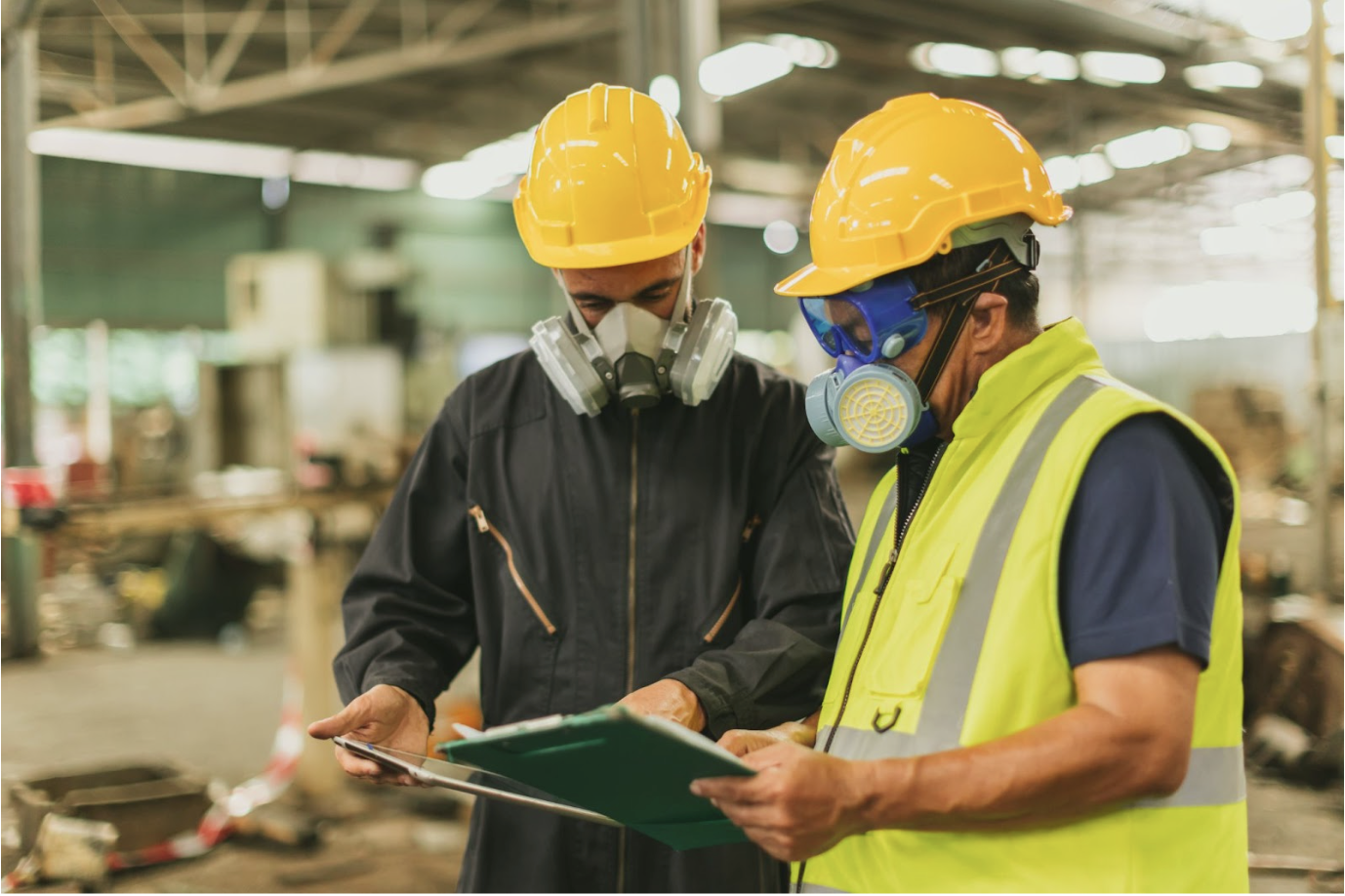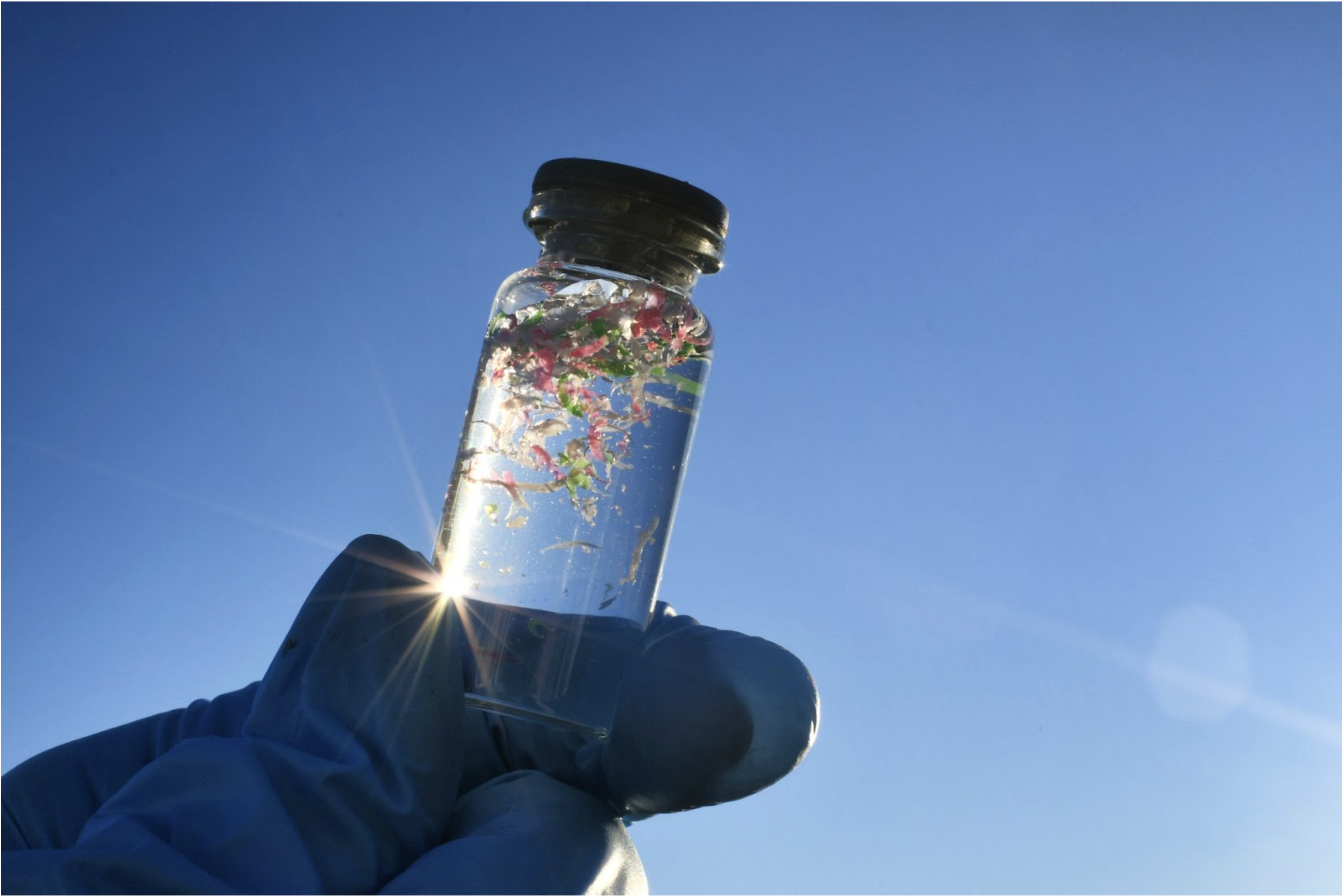- Call Us: + 91-22-69589800
- UNITOP CHEMICALS
- We manufacture surfactants and emulsifiers
- unitop.info@rossari.com
The chemical manufacturing industry plays a pivotal role in shaping modern life. From detergents to pharmaceuticals, its products are indispensable. However, this vital sector also contributes significantly to environmental challenges, including greenhouse gas emissions, resource depletion, and waste generation. As awareness of environmental issues grows, specialty chemicals manufacturers are stepping up to adopt greener, more sustainable practices.
At Unitop Chemicals, we are committed to reducing the environmental footprint of our surfactants and emulsifiers. This blog explores strategies, innovations, and the broader impact of sustainability in chemical manufacturing.


At Unitop Chemicals, we recognize the importance of sustainability and actively incorporate environmentally friendly practices in our operations:
The journey toward sustainability in chemical manufacturing is ongoing, with exciting innovations on the horizon. From carbon capture technologies to zero-waste production processes, the industry is evolving rapidly.
Specialty chemicals manufacturers like Unitop Chemicals play a crucial role in this transformation, proving that environmental responsibility and business growth can coexist. By embracing sustainable practices, we can contribute to a greener, healthier planet while meeting the demands of a growing market.